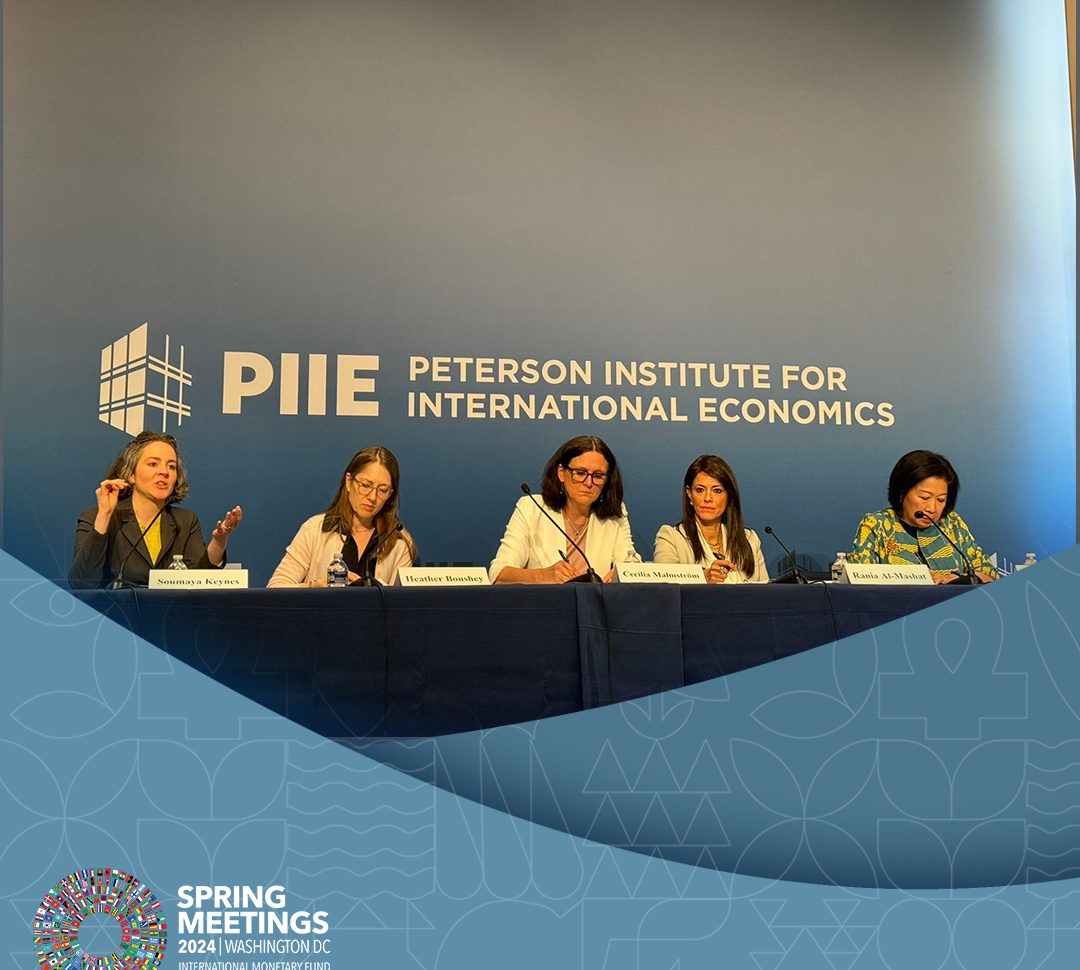
5 Steps to Build an Effective CSR Strategy
In today’s business landscape, Corporate Social Responsibility (CSR) has evolved from being a “nice-to-have” to ...

International Cooperation Minister Rania Mashat said Egypt plans to increase the percentage of green projects in public investments to 50% during the fiscal year 2024/2025.
Mashat also asserted that in light of global calls for a green transition in global trade and the creation of sustainable value chains, investment in clean technologies must be enhanced as it is crucial to maintaining the competitiveness of the economy.
She stressed the Egyptian state is committed to implementing the 2030 Sustainable Development Goals in order to fulfill its obligations in the Paris Climate Agreement, in line with Egypt’s Vision 2030 and the National Climate Change Strategy.
She said the government is working to gradually integrate environmental sustainability standards.
The government has also begun developing a new strategy for industry to encourage economic growth led by the private sector in cooperation with the World Bank Group, one of Egypt’s most prominent development partners.
Mashat made during the conference “Rethinking Economic Policy: Steering Structural Change” organized by the Peterson Institute for International Economics (PIIE) and the International Monetary Fund.
Mashat reviewed national efforts to promote structural reforms and support macroeconomic stability policies.
Mashat highlighted the country platform of the “NWFE” program, the nexus of water, food and energy projects, through which Egypt aims to mobilize climate financing based on a list of ambitious projects in the areas of mitigation, adaptation and resilience, in a way that accelerates the national agenda for climate action and mobilizes sector investments, private financing, concessional financing, and innovative tools to support the transition to a green economy.
This came in partnership with many development partners, including the European Bank for Reconstruction and Development (EBRD), the World Bank, the African Development Bank (AfDB), the International Fund for Agricultural Development (IFAD), and the European Investment Bank (EIB).
The minister also expounded the measures taken by the Egyptian government to enhance macroeconomic stability and structural reforms through a number of measures, including controlling public financial conditions, increasing local revenues, enhancing transparency in the management of state-owned companies, and adopting a flexible exchange rate system, in addition to pursuing a clear strategy to increase social spending and meet the immediate needs of the lowest-income groups that could be negatively affected by the reforms being implemented.
She stated that in this context, the government sought, in parallel with recent reforms, to support low- and middle-income families that were affected by high levels of inflation and the effects resulting from economic reforms, by expanding the scope of the Takaful and Karama cash transfer program in 2023, and adopting a social protection package under the directives of President Abdel Fattah El Sisi, worth EGP 180 billion.
The minister pointed to the structural reforms that have enhanced competitiveness in the renewable energy sector since 2014, to meet the growing demand for energy, which contributed to increasing the projects implemented in the sector and encouraging more private sector companies and foreign investors to contribute to these projects and improving the infrastructure in the renewable energy sector and driving the green transition.
اترك تعليقا